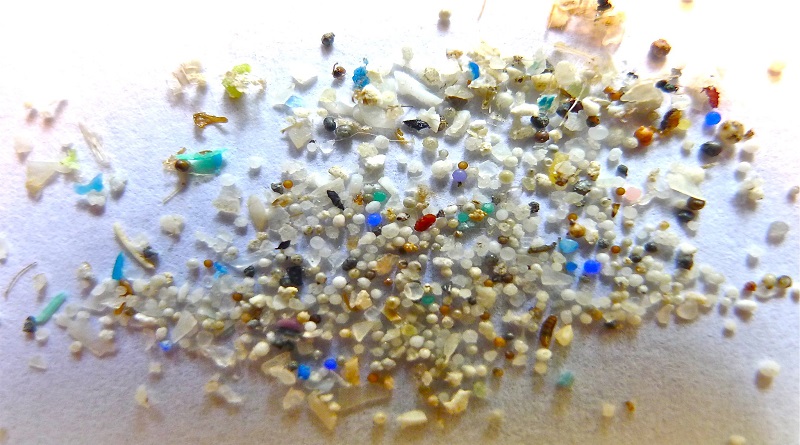New study finds more microplastics in baby poop
A new medical study reveals babies are being exposed to higher levels of microplastics than adults, writes Swedish water brand Bluewater, a world leader in innovative water purification and drinking solutions.
Research by environmental scientists at the New York University School of Medicine found microplastics widely used in bottles and polyester textiles, for example, are ten times higher in baby poop than in adult stool.
“The findings are further alarming evidence of how plastics widely used in bottles and polyester textiles are entering the human body,” said Bluewater spokesperson Dave Noble, head of PR and communications. He said more research was urgently needed into the long-term health impact of digesting high levels of plastic during early life, potentially disrupting the immune system.
The report, published in the Environmental Sciences and Technology Letters journal, also reported finding microplastics in meconium, the first stool passed by babies.
As new-borns have most likely not used plastic bottles or other plastic materials, the finding indicates babies are being exposed to microplastics already in the placenta.
Although the health risks of exposure have not been widely researched, a Bluewater White Paper written with a world-leading expert on hormone health, Dr. Ivone Mirpuri of the Mirpuri Foundation in Lisbon, Portugal, concluded that current medical research already provided good evidence that microplastic in drinking water posed tangible threats to human health and welling.
In a Bluewater PlanetWaterpodcast earlier this year, Dr. Mirpuri drew a direct connection between the suspected impacts of plasticizers in human bloodstreams and rising infertility, early menses and menopause, obesity, and sexual dysfunction. She explained that because hormones control everything in the human body anything that disrupts their performance can lead to a wide range of serious illnesses such as cancer.
Bluewater research has confirmed the company’s top of the line Bluewater Pro purifier successfully removes up to 99.99% of health-threatening PFAS chemicals such as PFOA, PFOS, PFBA, and PFBS. PFAS chemicals have been found in the tap water of communities around the world.
“Bluewater has put ending the need for single-use plastic bottles at the heart of its business mission and is focused on blazing a sustainability trail by creating a healthy drinking water ecosphere based on providing its water purification solutions matched with Bluewater’s own sustainable, plastic free range of water bottles,” said David Noble.




